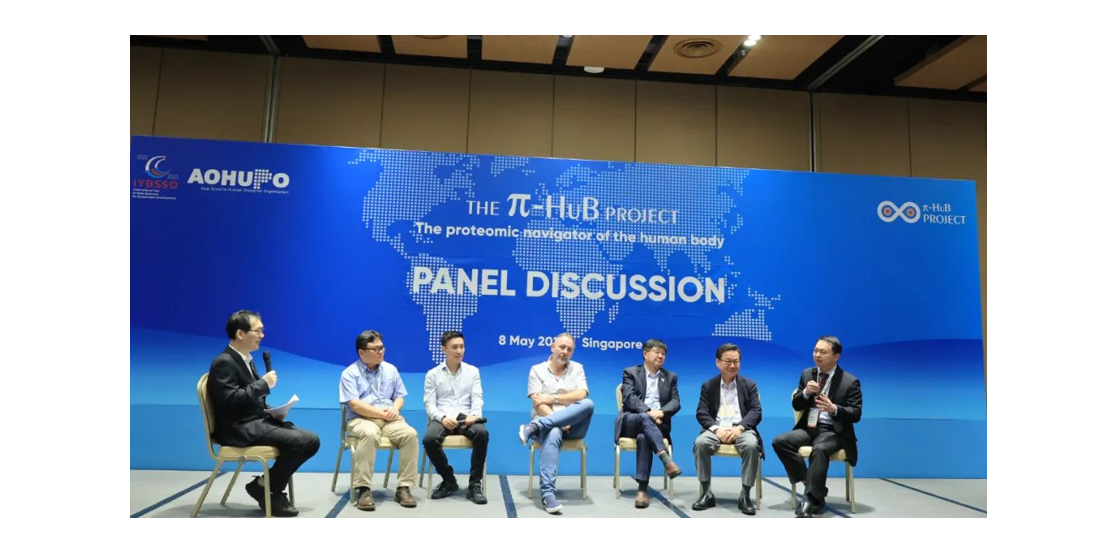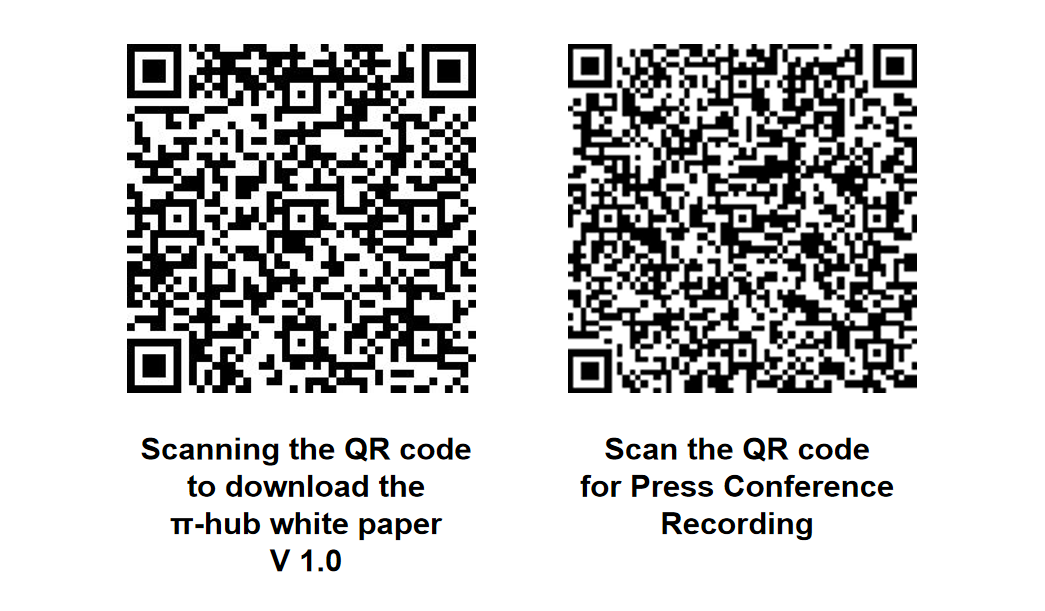π-HuB Project White Paper 1.0 Unveiled at 11th AOHUPO Congress in Singapore
09
2023
On May 8th, 2023, the Proteomic Navigater of the Human Body (π-HuB) project presented its White Paper version 1.0 to the global scientific community at the 11th AOHUPO Congress. The event was live streamed via UNESCO's "International Year of Basic Sciences" platform and featured the latest advancements in the project.

Chief Scientist Fuchu He provided a comprehensive overview of the π-HuB Project White Paper 1.0, detailing its specific contents and four major goals. The π-HuB project is an ambitious international scientific endeavor spanning thirty years (2023-2052). In its first decade, the project aims to systematically map and analyze proteomic profiles related to 37.2 trillion human body cells, major dietary patterns, habitat paradigms and major diseases, etc. Additionally, the project plans to establish an AI-based proteomic navigation model (version 1.0) based on these data. Undoubtedly, achieving these goals within ten years necessitates advancements in proteomics theory and technology, as well as interdisciplinary collaboration.
During the conference, representatives from seven countries/regions, including Professor Terence Poon from Macau University, Professor Qing Zhong from Australian Children's Medical Research Center, Professor Antony Purcell from Monash University in Australia, Professor Yasushi Ishihama from Kyoto University in Japan, Professor Ho Joeong Kwon from Yonsei University in Korea, Professor Teck Yew Low from National University Malaysia, Professor Angus Grey from Auckland University in New Zealand, and Professor Qingsong Lin from National University Singapore, participated in a signing ceremony with Chief Scientist Fuchu He. This event solidified the organizational foundation for the π-HuB Project and reinforced the commitment to international collaboration.


Following the ceremony, experts engaged in in-depth discussions on four themes derived from the π-HuB Project White Paper: single-cell proteomics, artificial intelligence applications in proteomics, clinical proteomics, and sample/data sharing. Attendees provided valuable insights and suggestions for fostering international cooperation, interdisciplinary collaboration, and efficient use of funds, all of which are crucial for the successful launch and implementation of the π-HuB project.![]() π-HuB WHITE PAPER.pdf
π-HuB WHITE PAPER.pdf




